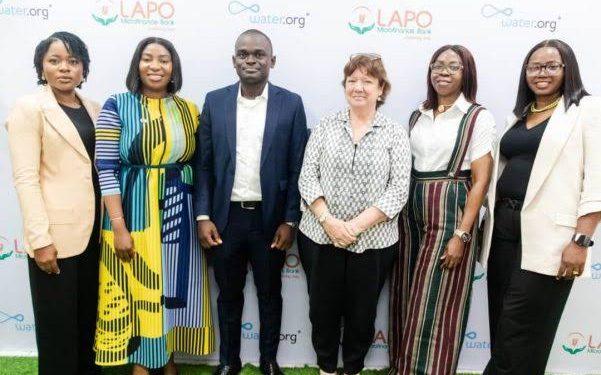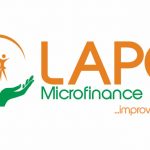Over 70 per cent of Nigerian households lack access to affordable loans for water, sanitation, and hygiene (WASH) infrastructure, according to a new report released by LAPO Microfinance Bank. The findings, presented at a stakeholder workshop in Lagos, highlight persistent financing challenges in Nigeria’s WASH sector and underscore the urgent need for inclusive financial solutions.
The research, which forms part of LAPO’s ongoing efforts to bridge the financing gap in low-income communities, drew attention to how insufficient access to clean water and proper sanitation hampers public health and limits socio-economic development, particularly for women and children.
Managing Director of LAPO Microfinance Bank, Cynthia Ikponmwosa, noted that clean water and safe sanitation are not only human rights but also drivers of productivity, education, and gender empowerment. “Through our WASH loan programme, LAPO MfB is enabling households to invest in infrastructure that transforms lives and protects future generations,” she said.
Head of Research and Business Development, Evbuomwan Efosa, who led the presentation, explained that the WASH Market Research Survey spanned six states representing Nigeria’s geopolitical diversity—Anambra, Edo, Kano, Lagos, Nasarawa, and Taraba. The survey covered 1,500 households and 600 WASH-focused SMEs, examining how microfinance can enable access to essential services.
“Our data underscores that WASH financing is both a health intervention and an economic empowerment tool,” Efosa said. The survey revealed that 78 per cent of households lack toilet facilities, 65 per cent do not have clean water access, and 52 per cent are without adequate hygiene systems.
Regional disparities were especially striking in Kano, Taraba, and Nasarawa, where only 35 to 61 per cent of households reported access to clean water, and open defecation rates remain above 43 per cent.
Interestingly, most households expressed preference for small loans under ₦500,000, with interest rates ranging from 12 to 15 per cent and repayment periods of 12 to 24 months. Despite the apparent need, 60 per cent of respondents were unaware of WASH-specific loan products.
The study also examined SMEs active in the sector, including water vendors and sanitation service providers. It found that these businesses typically require collateral-free loans exceeding ₦1 million and benefit greatly from technical support, suggesting a higher financing threshold than households.
In response to the findings, LAPO announced a pilot scheme targeting households in high-need areas like Taraba and Nasarawa. These loans, ranging between ₦100,000 and ₦200,000, aim to support toilet construction and water access solutions. The bank also plans to scale SME financing through group-based lending and expand outreach by partnering with cooperatives, market unions, and religious bodies.
Gilbert Okpono, Senior Account Partnership Manager at Water.org, described the LAPO–Water.org partnership as a sustainable finance model that empowers underserved communities. “The LAPO MfB WASH loan model exemplifies how sustainable finance can uplift underserved populations,” he said.
The workshop concluded with a roundtable discussion among stakeholders from government, civil society, and development finance institutions, focused on leveraging digital financial tools, strengthening data collection, and scaling impact across Nigeria’s rural and peri-urban communities.
LAPO Microfinance Bank reiterated its dedication to providing inclusive and sustainable financial services, in line with its three-decade-long mission to support low-income households and microbusinesses across the country.










